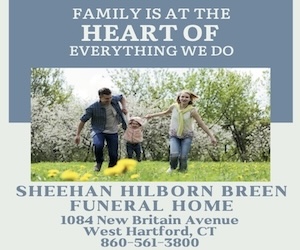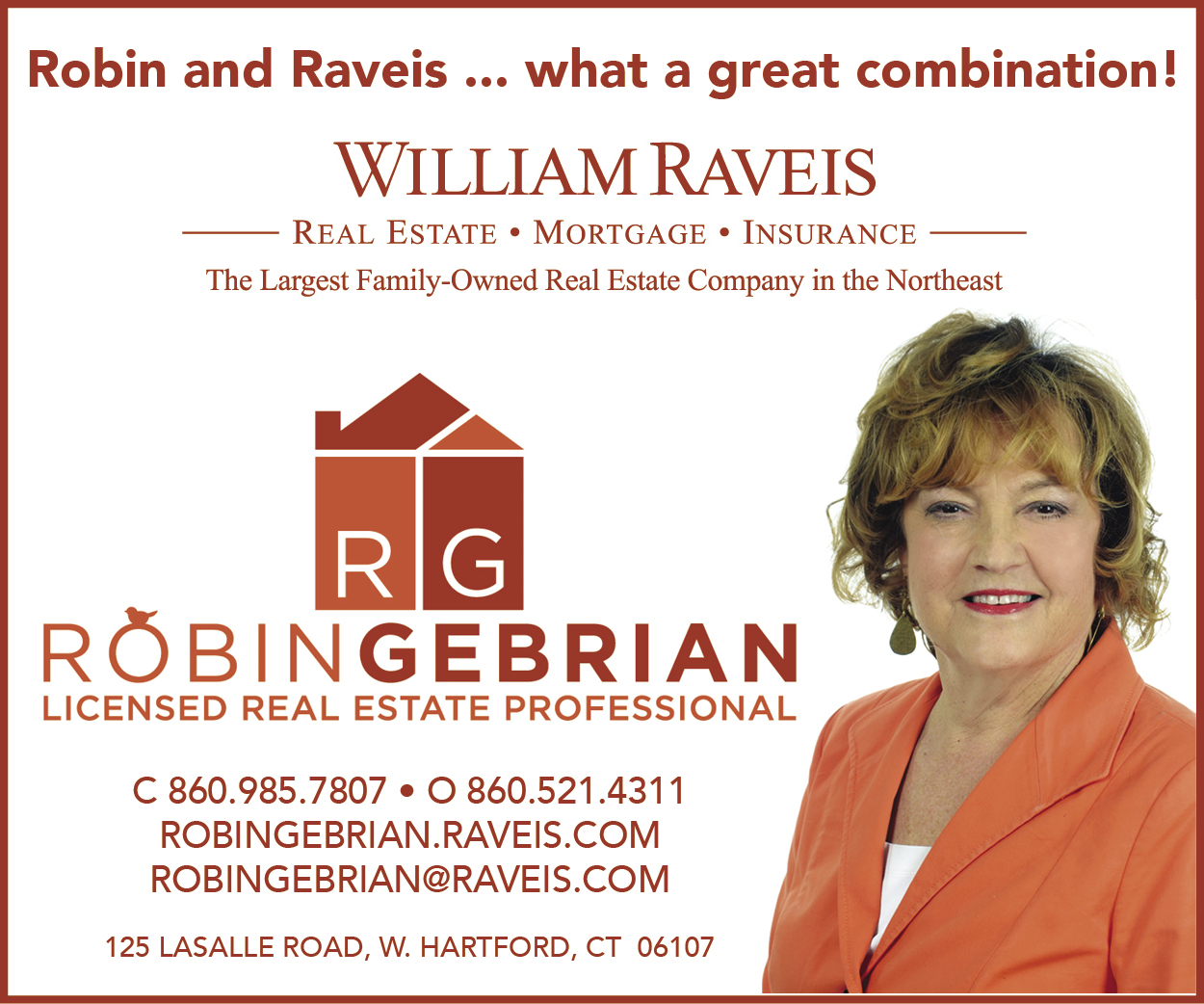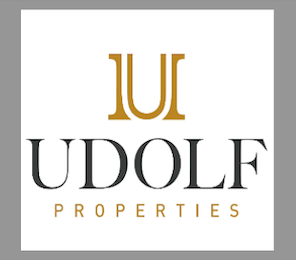On Sunday, Sept. 24, the Maurice Greenberg Center for Judaic Studies at the University of Hartford will celebrate its 25th anniversary with a gala dinner honoring philanthropist Arnold Greenberg, the center’s founder and his wife Beverly. What has emerged over the years is a nationally respected academic center that could only have been created and maintained through a thoughtful balance of funding and vision. Greenberg has offered both from the start. He spoke with the Ledger about his motivation to create a living memorial.
What inspired you to establish the Maurice Greenberg Center?
A: A number of things coincided. This gift was made in 1983, but wasn’t announced until a year or two later. At the time, I was a Regent at the University of Hartford.
My father had died in 1980 and I was considering a major gift to the university at that time because I was a Regent and they were considering a major capital campaign. Stephen Trachtenberg, president of the university and a close friend, had a very strong feeling that it would be appropriate for the university to have a center for Judaic studies. I thought it would be a major way to memorialize my father and I also thought it was a very important need for the university and for the community.
My family has had a Jewishly involved background. My father, Maurice, was born in what was then called White Russia and received a good Talmudic education in a neighboring village. He came to New Haven at age 11 and eventually became president of an Orthodox synagogue. My father came to Hartford in 1932, when he married and founded Connecticut Leather Co., which morphed from an occupational leather-working company, to a recreational company, to a toy company, and finally to one primarily electronic in nature which eventually became Coleco Industries. My older brother was in the business and I later joined it. Growing up, my older brother and I were very strongly influenced by my father in particular, which led me to be very active in the organized Jewish community. I wasn’t as well-schooled as my father, but I have been imbued with important Jewish values since early childhood.
When I returned to greater Hartford from law school in 1958, I served as director of the Hartford Jewish Federation and was a trustee of the Jewish Community Foundation. On the national level, I was vice president for quite some time of the Council of Jewish Federations.
All of these things came together and it was fitting to make a significant gift to help establish a center for Judaic studies.
What was your original vision for the center and its work?
A: My vision involved four elements: Memorialize my father; help the University of Hartford broaden what was then its developing curriculum; add to the growth of Jewish studies as a field of scholarship; and create a stimulating intellectual resource for both Jews and non-Jews of the greater Hartford community.
This was a time when, nationally, the field of Judaic studies was growing and there were quite a few other colleges and universities establishing such centers. One of the things that is distinctively different about the center is that, in addition to the academic side that provides courses and majors for students – we now offer well over 40 courses – we have always had a broad program for the community of lectures and seminars, all free and open, which have attracted a wide audience over the years.
How have you been involved in the Center since its founding 25 years ago?
A: I have been involved as the founder and honorary director, so I have gone to meetings of the Board of Visitors, a distinguished board that has included Hank Levitt, Paula Steinberg, Bill Feldman, and Naomi Cohen. That has kept me both aware of what’s going on and, hopefully, helpful in some small way. In addition, as a university Regent and president of the Board of Regents for five years, I have also stayed up to date on what the university is doing, so I can explore ways in which these two interests might intersect.
We have been blessed by three university presidents, all of whom have had a particular interest in the Greenberg Center and have furthered its purpose. After Stephen Trachtenberg left, Humphrey Tonkin was a great supporter of the center during his tenure. Walter Harrison has been president since 1998 and has described the center as “one of the crown jewels of the University.” Walter took a trip with Richard Freund and me in 2000 to meet Pope John Paul II when we opened the Bethsaida Archaeological Park in the Galilee.
What have some of the highlights been?
A: That’s easy: When Elie Wiesel came in 1985, and we consider that to be the formal public opening of the center. That same year, we co-sponsored an exhibition at the Wadsworth Athenaeum, “The Precious Legacy: Judaic Treasures from the Czechoslovak State Collection;” in concert, we did “The Art of the Children of Terezin,” with supporting lectures.
In 2010, we presented an opera for children, “Something from Nothing,” which was particularly meaningful because it was so different from our usual public-programming fare of lectures. That year, we had an exhibition of the work of Arthur Szyk at the New Britain Museum of Art and presented some lectures there and at the center.
There are many, many celebrations we’ve had that are truly memorable: For our 10th anniversary in 1995, Dr. Michael Berenbaum of the United States Holocaust Memorial Museum was keynote speaker.
How has the center’s work and programming expanded or changed?
A: The addition of a second professor and the maturation of the curriculum and programming really have led to an increasing fulfillment of the potential of the center. We now have three majors and a consortial master’s program with UConn. We have more trips to Israel. We offer more than 40 courses and have 20 to 25 Judaic studies majors and 20 to 25 minors each semester, and more than 100 students each semester who take our various courses.
What would you like the Center’s legacy and accomplishments to be when it marks its 50th anniversary?
A: More of the same. The original vision still holds; it’s wonderful to see its increasing maturation and it remains a vision for the future – offer more courses that have more appeal and more opportunities for the community to come and learn. That vision is relevant to the needs of both the university and the community. Its greater fulfillment and maturation would make me very pleased.
For more information on the Greenberg Center and the 25th anniversary celebration with guest speaker Wolf Blitzer, see this story.








 Southern New England Jewish Ledger
Southern New England Jewish Ledger









